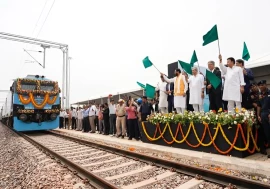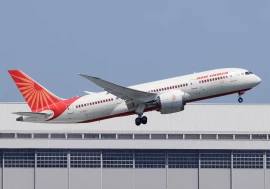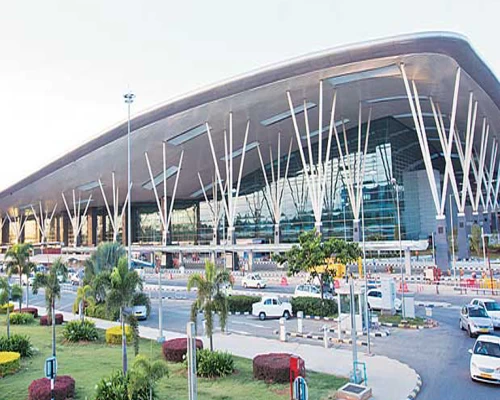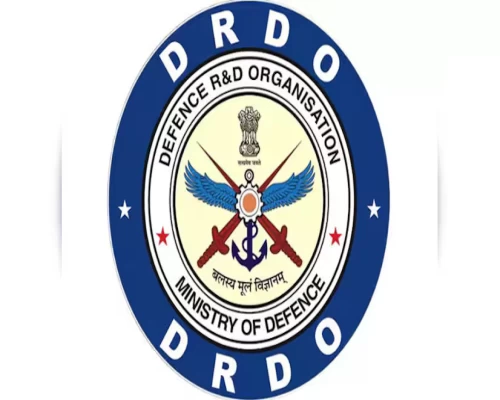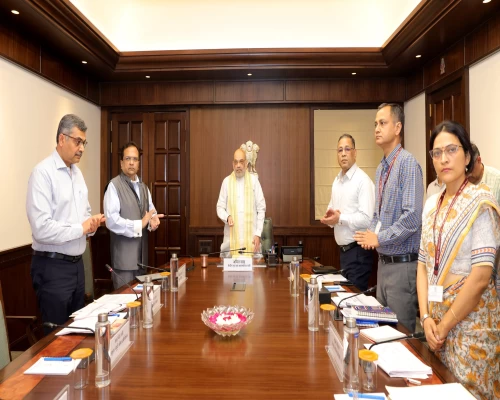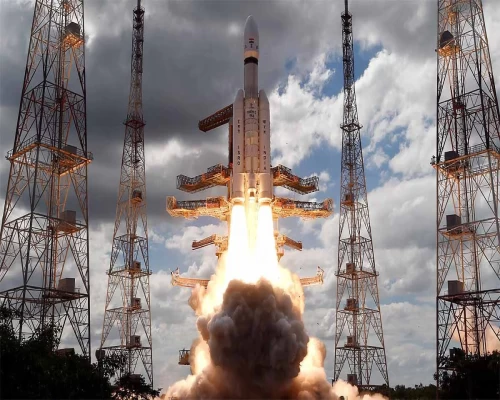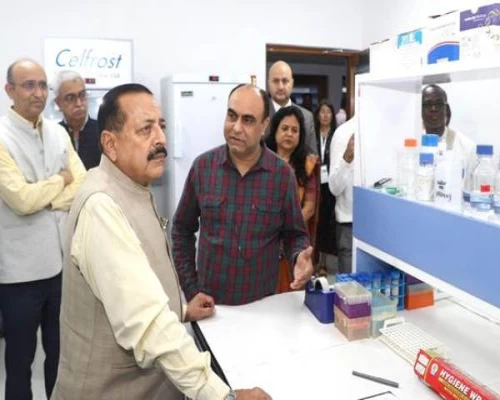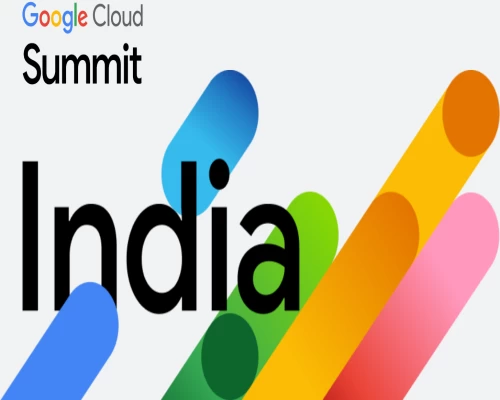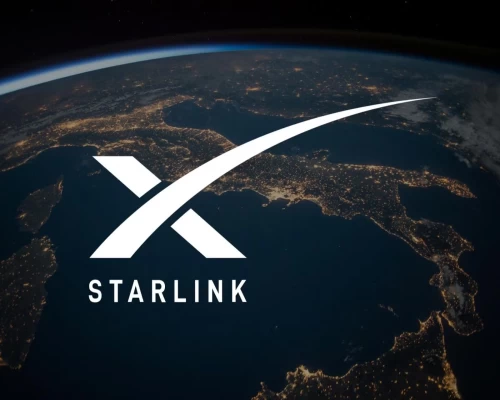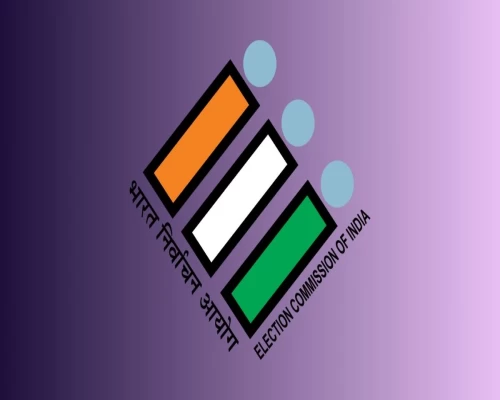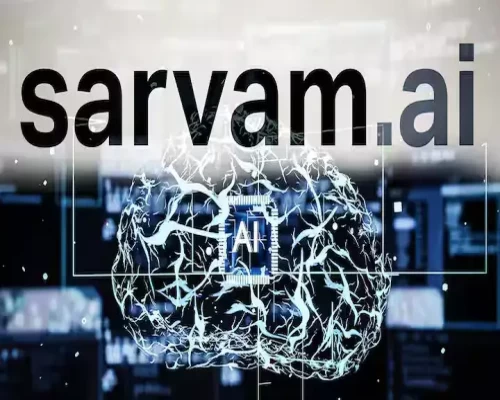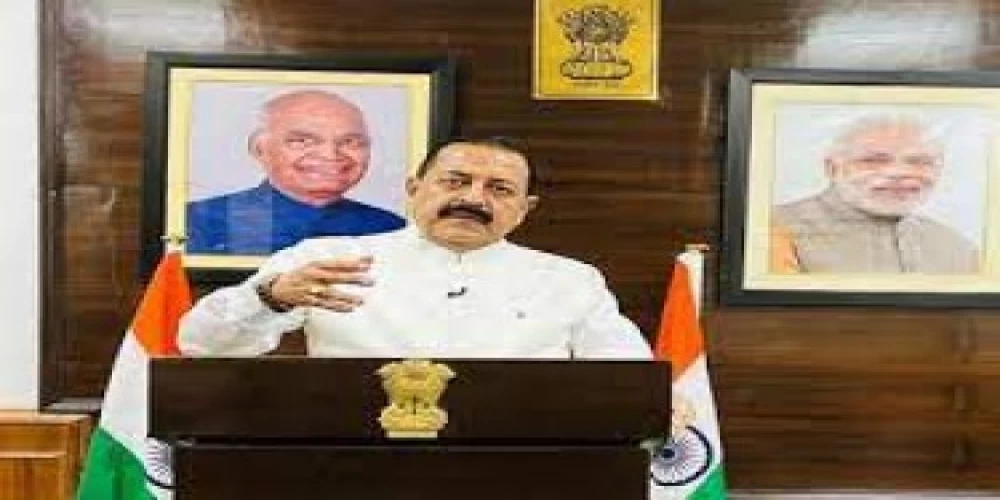
New Delhi: Union Minister of State (Independent Charge) Science & Technology; Minister of State (Independent Charge) Earth Sciences; MoS PMO, Personnel, Public Grievances, Pensions, Atomic Energy and Space Dr Jitendra Singh has said that it is the best time happening for India’s start-ups, innovators and the scientific fraternity as a whole, because the government led by Prime Minister Narendra Modi is providing them an enabling milieu to showcase the best of their potential, talents as well as their creative and innovative instincts.
Delivering the welcome address to all the Directors and Presidents of professional Bodies under the Department of Science and Technology here on Tuesday, Dr Jitendra Singh said that we are meeting at a time when the government led by Prime Minister Shri Narendra Modi has given a special boost to science, technology and innovation. Over the last nine years the country has made rapid strides in every area of science and technology thanks to the able leadership of the Prime Minister, he said.
Dr Jitendra Singh said that the 16 research institutions in the DST family form a very special group from several points of view. Some of these are among the oldest research institutions in the country including the oldest, some were started by eminent scientists and individuals like Mahendra Lal Sircar, CV Raman, JC Bose, Birbal Sahni and DN Wadia and some are repositories of very old and valuable scientific data, some lead the nation in niche areas like astronomy and astrophysics, geomagnetism, advanced materials and Nano science and technology – and so on. Most research institutions in the DST family are basic research institutions. The only exceptions are SCTIMST-Trivandrum and ARCI-Hyderabad.
The Minister recalled that in the Covid-19 pandemic scenario, SCTIMST had evolved a fast track method to come out with many products, some of which have already been commercialised and started getting used for the management of Covid-19 pandemic. ARCI-Hyderabad has carved a very special place for itself as a premier technology development and transfer organisation in the area of advanced materials. These research institutions have an impressive portfolio of research publications and awards and honours earned by their scientists and their produce, he said.
The Minister said that the three specialised knowledge institutions and S&T service organisations – TIFAC, NECTAR and NIF – are unique in their own ways. TIFAC approaches technology forecasting in different sectors in a very structured fashion involving all stakeholders and has also promoted new instruments of technology development and diffusion across the country. The Technology Vision document of 2035 by TIFAC is one of its significant achievements. NECTAR is unique in sourcing technologies for finding solutions to problems specific to the North Eastern States. NIF is a unique body which scouts for grassroots innovations and helps develop them further into viable, technology-backed products or processes.
Dr Jitendra Singh mentioned that all the five premier science and engineering professional bodies of the country, viz. INSA-Delhi, IAS-Bangalore, NASI-Allahabad, INAE-Delhi and ISCA-Kolkata belong to the DST family. Most of these are again very old organisations established by eminent scientists and individuals, including the Indian Science Congress Association which is more than a century old.
The Minister said that recently, the Union Cabinet chaired by Prime Minister Modi has approved the National Quantum Mission (NQM) to aid scientific and industrial research and development in quantum technology. It’ll be implemented by the Department of Science and Technology (DST). The mission planned for 2023-2031 aims to seed, nurture, and scale up scientific and industrial R&D and create a vibrant and innovative ecosystem in Quantum Technology (QT).
The Minister said that few among AIs are working in different aspects of Quantum technology, i.e., IACS, Bose Institute, IASST (developed carbon quantum-based imaging and detecting probes for nuclear hydrogen peroxide detection in living cells); A cluster of labs at RRI is in the forefront for developing quantum communication technologies; (SN Bose National Centre for Basic Sciences (SNBNCBS) is into harnessing quantum entanglement for futuristic energy storage technology.
Talking about technical research centres, Dr Jitendra Singh said that this programme was launched as a follow-up of the budget announcement made by the Hon’ble Finance Minister of India in his Budget Speech in FY 2014-15. Five Technical Research Centres (TRCs) were established with a mission to provide techno-legal-commercial and financial support to scientists, entrepreneurs, and business fraternity to achieve translation of research into products and processes for greater economic and societal benefits in 5 DST institutions at a total cost of Rs 467 crores, namely, Sree Chitra Tirunal Institute for Medical Sciences and Technology (SCTIMST), Trivandrum; International Advanced Research Centre for Powder Metallurgy and New Materials (ARCI), Hyderabad; Jawaharlal Nehru Centre for Advanced Scientific Research (JNCASR), Bengaluru; Indian Association for the Cultivation of Science (IACS), Kolkata; and SN Bose National Centre for Basic Sciences, Kolkata during FY 2015-16. /BI/


